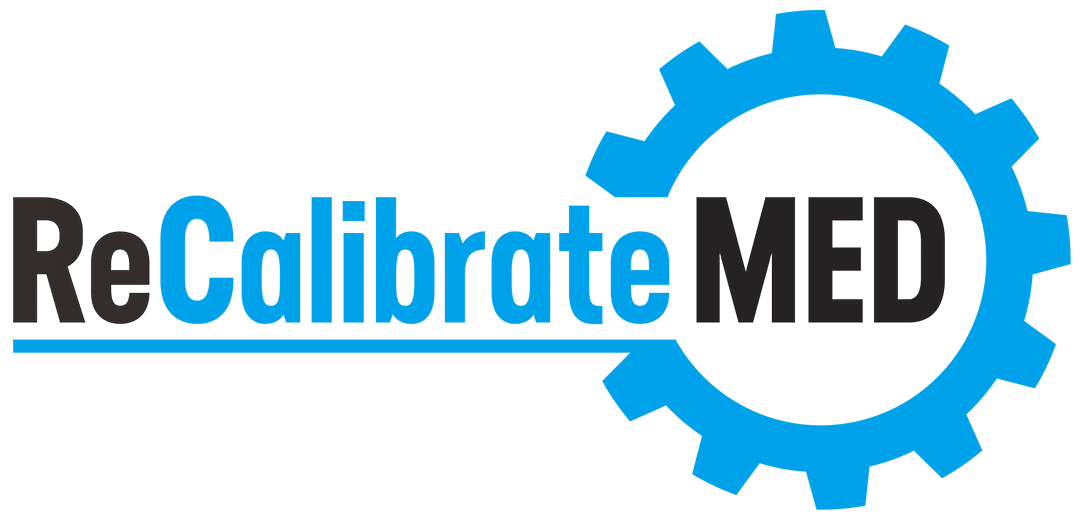Testosterone is a hormone that plays a crucial role in men’s physical and emotional well-being. It is responsible for the development of male characteristics such as muscle growth, bone density, and body hair. As men age, their testosterone levels naturally decline, leading to a range of symptoms that can affect their quality of life.
Symptoms of Low Testosterone
The symptoms of low testosterone can vary from person to person, but some common signs include fatigue, decreased muscle mass, erectile dysfunction, low libido, and depression. Men with low testosterone may also experience weight gain, decreased bone density, and an increased risk of cardiovascular disease.
The Impact of Low Testosterone on Men’s Health
Low testosterone levels can have a significant impact on men’s health, both physically and mentally. It can lead to a loss of muscle mass, decreased bone density, and increased body fat. It can also cause mood swings, irritability, and depression. Low testosterone levels have also been linked to an increased risk of cardiovascular disease, diabetes, and other health problems.
Natural Solutions for Increasing Testosterone Levels
While there are synthetic solutions for low testosterone, such as testosterone replacement therapy, they come with risks and side effects. Fortunately, nature has provided us with a range of natural remedies that can help boost testosterone levels safely and effectively.
Diet and Nutrition for Boosting Testosterone
One of the most effective ways to naturally boost testosterone levels is through diet and nutrition. Zinc and vitamin D are two essential nutrients that have been shown to increase testosterone levels. Foods high in zinc include oysters, beef, and pumpkin seeds, while vitamin D can be found in fatty fish, egg yolks, and mushrooms.
Other foods that can help increase testosterone levels include cruciferous vegetables like broccoli and cauliflower, which contain compounds that help regulate estrogen levels in the body. Red meat, which is high in protein and saturated fat, is also beneficial for testosterone production.
Exercise and Physical Activity for Raising Testosterone Levels
Regular exercise and physical activity have been shown to increase testosterone levels in men. Resistance training, in particular, has been found to be effective in boosting testosterone levels. Exercises such as squats, deadlifts, and bench presses can help increase testosterone levels naturally.
Cardiovascular exercise, such as running or cycling, can also be beneficial for testosterone production. However, it is important to avoid overtraining, as this can have the opposite effect and decrease testosterone levels.
Lifestyle Changes to Support Healthy Testosterone Production
Making certain lifestyle changes can also help increase testosterone levels naturally. Getting enough sleep is crucial for testosterone production, as the hormone is primarily produced during deep sleep. Reducing stress levels, through practices such as meditation or yoga, can also help increase testosterone levels.
Avoiding alcohol and quitting smoking can also help increase testosterone levels. Alcohol can interfere with testosterone production, while smoking has been shown to decrease testosterone levels in men.
Herbal Remedies and Supplements for Low Testosterone
There are several herbal remedies and supplements that can help increase testosterone levels naturally. Tribulus terrestris is an herb that has been used for centuries to enhance libido and increase testosterone levels. DHEA, a hormone produced by the adrenal gland, can also help increase testosterone levels.
Other supplements that have been shown to increase testosterone levels include fenugreek, ashwagandha, and ginseng. However, it is important to consult with a healthcare professional before taking any supplements, as they can interact with medications and have potential side effects.
The Role of Stress Management in Testosterone Levels
Stress can have a significant impact on testosterone levels. High levels of stress can lead to increased cortisol production, which can interfere with testosterone production. Therefore, managing stress levels is crucial for maintaining healthy testosterone levels.
Practices such as meditation, yoga, or deep breathing can help reduce stress levels and increase testosterone production. Getting enough sleep and regular exercise can also help manage stress levels.
Conclusion: Empowering Men to Take Control of Their Testosterone Levels
Low testosterone levels can have a significant impact on men’s quality of life. However, there are natural remedies that can help increase testosterone levels safely and effectively. From diet and nutrition to exercise and lifestyle changes, nature has provided us with a wealth of resources to support healthy testosterone production.
By making certain lifestyle changes and incorporating natural remedies into their routine, men can take control of their testosterone levels and regain their vitality and well-being. It is important to consult with a healthcare professional before making any significant changes to your routine, especially if you have underlying health conditions or are taking medications. Call us today at (910) 420-0443.





